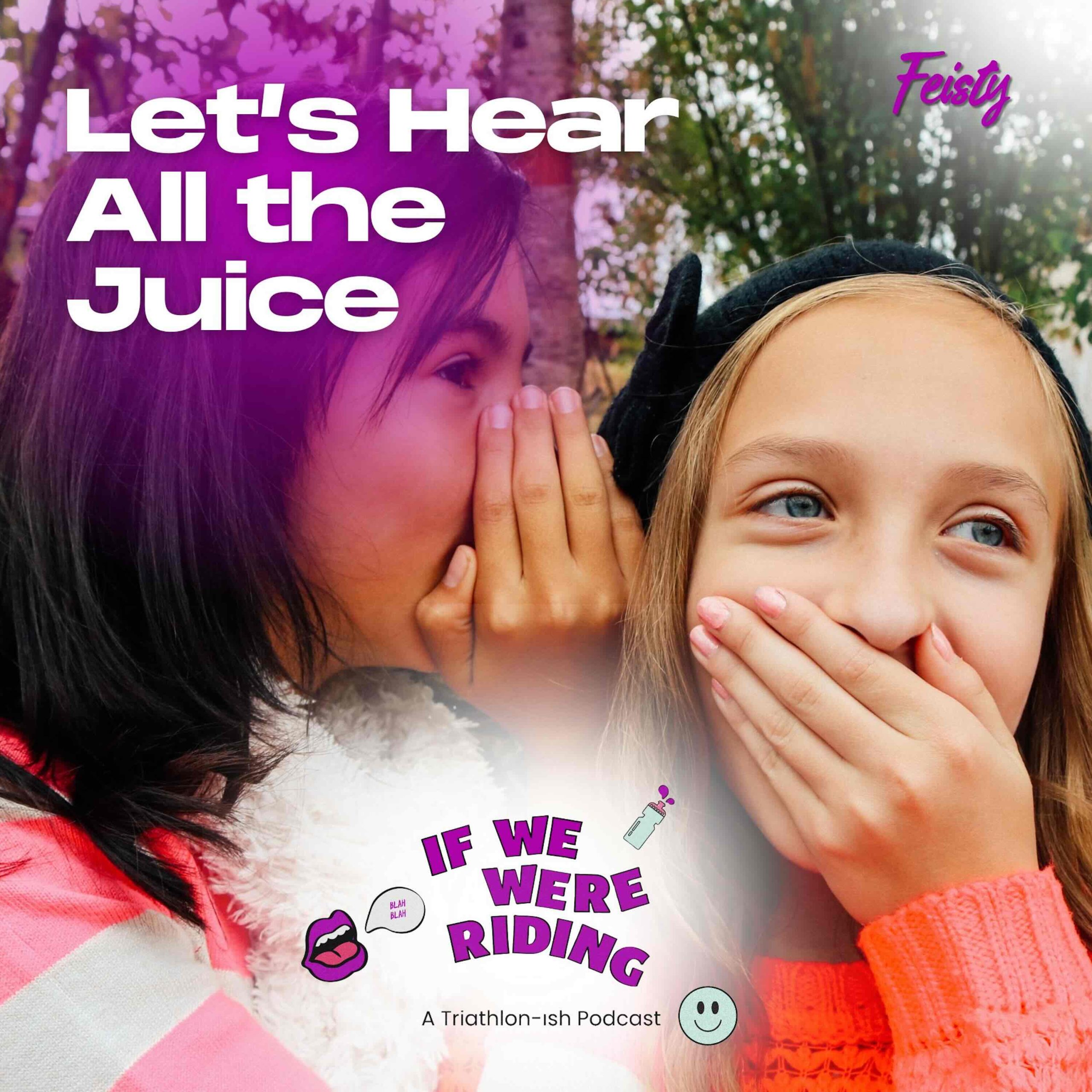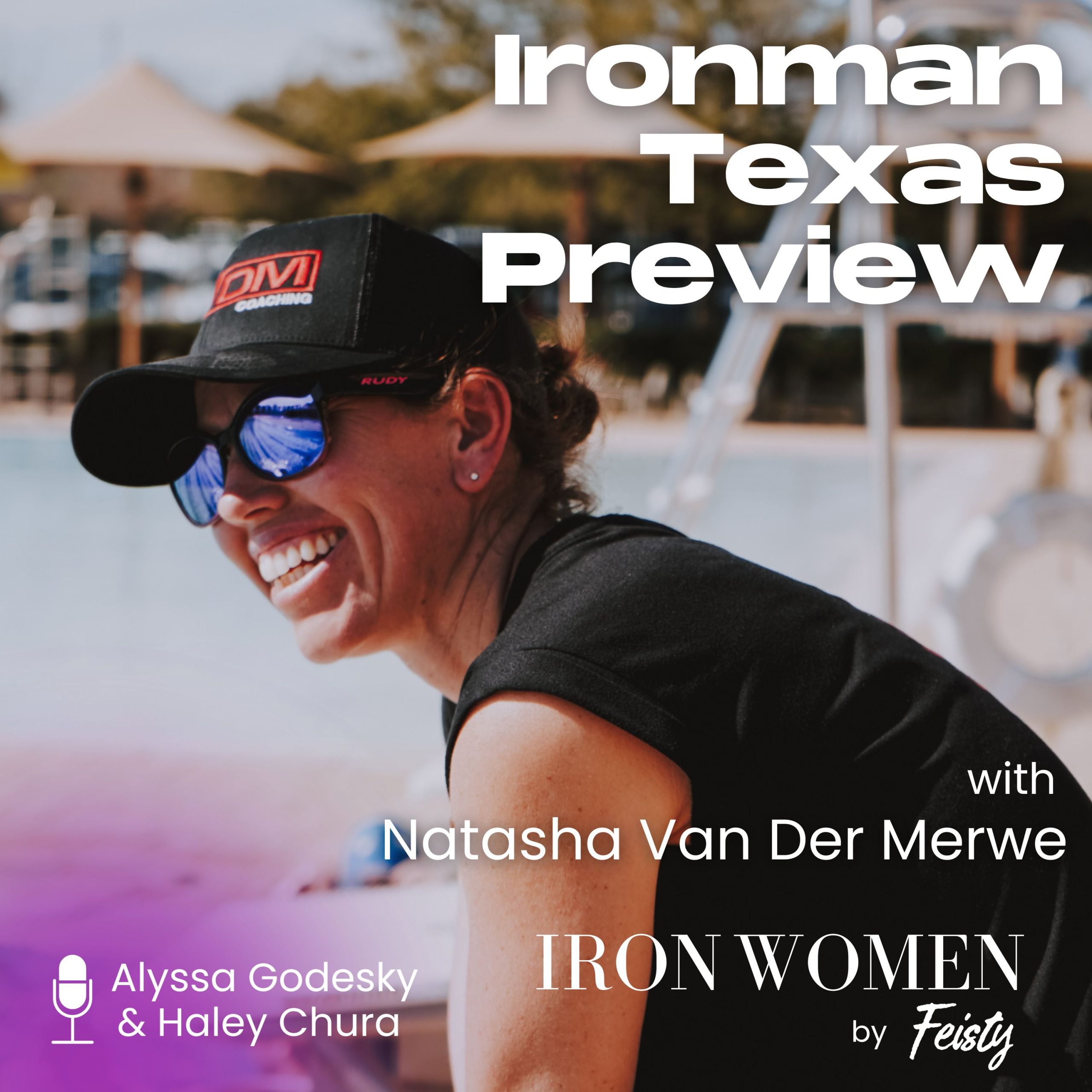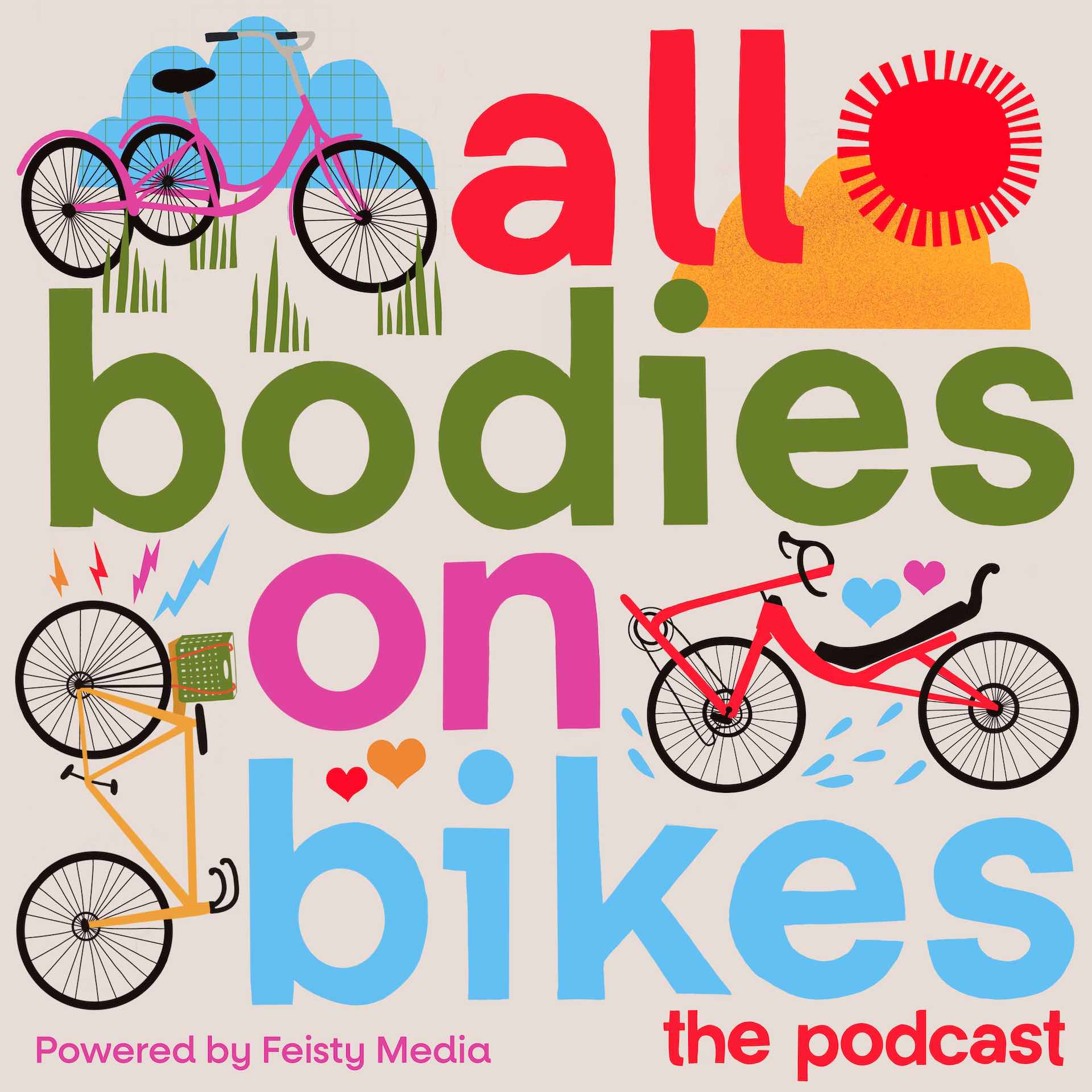June 25, 2020
Tri Taking Action in Anti-Racism

A Feisty Happy Hour lead by Dr. Gabriela “Gaby” Nuñez and Dr. Lisa Ingarfield
The following is the transcript from the live session occurring June 17, 2020.
Hello everyone, I’m Gaby. I’m looking forward to jumping into the cold water and swimming with you, because that’s what we do! Thank you for joining us tonight. And thank you to Outspoken and the Live Feisty Team for inviting me to participate in this Happy Hour. I’m currently working on a book, titled Racing Triathlon with Lisa Ingarfield. Both Lisa and I have been thinking about diversity and equity in triathlon from different perspectives so I’m grateful to be here tonight to be part of this event.
I want to begin with a few words about who I am and what I aim to offer today. As Lindsey mentioned, I’m an age-group triathlete. I’m a mom, I’m an entrepreneur, I’m a professor. I also want to emphasize that I AM HUMAN. I always tell my students that we are human first and scholars second. In this case, we are human first and triathletes second.
I am part of the system of White Supremacy and Colonialism. I do not have all the answers. I have my own biases. I have been managing my own emotional rollercoaster, much of my life as a student and professor of Ethnic Studies, as a Latina in academia. I’ve also felt especially triggered in the past two weeks as I read social media posts and watch, and read the news. I identify as a Woman of Color. I do not identify as White. However, I am a relatively light-skinned Latina, and my skin color does afford me privilege within the system of White Supremacy. I also enjoy other privileges. I am always learning how to be an effective ally without being condescending and patronizing. I often fail at that goal. But, if I’ve learned anything from triathlon it’s to honor the process and keep showing up, despite the challenges, pain and failures.
I am here today with three main goals 1) the first is to continue learning 2) the second is to introduce a couple of frameworks that can help us navigate racism in triathlon and our role within that system. Finally, I hope these frameworks help us feel empowered in the fight against the main roots of racism. The reason I searched for frameworks is to help us avoid or overcome common pitfalls I’m seeing play out in our sport when we discuss race and racism.
These are some of the pitfalls and problems that I’m seeing in our community:
- The first is SILENCE.
- There is a systemic and social silencing of Black women’s voices through the literal erasure of Black experiences and ideas.
- There are ongoing attempts to regulate Black people’s actions, comments, and voices. I’m especially seeing this play out on an insistence of “civility” and “kindness.” But, it’s happening in other ways too.
- It is a problem to ask or expect Black people to offer education without offering compensation.
- It is a problem to make a statement without being open to frank responses or erasing responses without respecting the time and effort that go into those responses.
- We are missing a common language to discuss race in our sport, including a shared understanding of definitions of important concepts when we discuss race.
- Many of us are operating in silos and quickly trying to enact change without communicating with one another or learning from other groups and social movements that provide valuable lessons in activism and organizing on behalf of Black athletes.
- We want to avoid unintentionally co-opting, appropriating, and whitewashing the branding, imagery, and platforms of important social movements that have been organizing on behalf of Black people at the grassroots level for years.
- We want to avoid performative allyship.
- We need to be careful to avoid tokenization, such as the formation of “diversity” groups or “diversity trainings” without careful thinking about leadership, goals, and positions of power and policies within the larger organization in which it’s being organized.
- We need to move beyond the attractive discourse of loving everyone as a solution for racial justice. Loving and caring for everyone is a component of social change, absolutely. However, it does not get to the systematic root of the problem, which is White Supremacy in racist laws and policies.
There are other problems that Lisa and I will continue to think about for our book Racing Triathlon.
Now I’d like to jump into introducing a few of the core principles of the first framework, which is one I’m sure you’ve been hearing about, that is: anti-racism.
I’m learning about this framework and the ideas I share with you today come primarily from Ibram X Kendi’s book How to Be An Antiracist, which was published in August 2019. Kendi is a best-selling author and a professor of African-American History and International Relations. Beginning July 1 Kendi will be the Founding Director of The Antiracist Research & Policy Center at American University in Washington, DC. and the Francis B. Cashin Fellow at the Radcliffe Institute for Advanced Study at Harvard University.
In this book Kendi argues that it’s not enough to be “not racist.”
The problem with being “not racist” is that it’s a claim that signifies neutrality. To say
“I am not a racist, but neither am I aggressively against racism” is to claim a neutral stance.
But, claims of “Not racist” or “color blindness” are a problem because the individual who claims “color blindness” fails to see race, fails to see racism, and therefore falls into racist passivity.
The position of “not racist” suggests that racial problems are rooted in groups of people, and because the focus is on groups of people rather than focusing on the problem of power and policies, the position of “not racist” allows racial inequities to continue.
Kendi suggests that there is no neutrality in the racism struggle. Therefore, the opposite of “racist” isn’t “not racist.” It is “antiracist.” (Kendi 9)
Antiracism
- Endorse racial equality.
- Locates the roots of problems in power and policies.
- Confronts racial inequities.
- Also means standing ready to fight at racism’s intersections with other bigotries (related to sexuality, class, gender, ableism, etc. (Kendi 10)
The position of “Not racist”
- Endorses the idea of a racial hierarchy.
- Suggests that problems are rooted in groups of people and
- Allows racial inequities to persevere.
- “The claim of “not racist” neutrality is a mask for racism. Kendi says, “this may seem harsh, but it’s important at the outset that we apply one of the core principles of antiracism, which is to return the word “racist” itself back to its proper usage.” (Kendi 9-10)
Let’s now turn to the handout I’ve prepared.
So, if we’re going to focus on policies and power rather than on groups of people, how in the heck do we do that? Part of the strategy today is to start talking about that in small groups, then in a larger group. But, before we get to that I want to offer a second framework by educator and activist Deepa Iyer to help us think about how we can be most effective. It is called: “My role in the Social Change Ecosystem.” Iyer developed this helpful image which you can see on the Handout.
Iyer developed this framework as a 3-step process:
(1) identify your values and context in the middle circle;
(2) map your roles and those played by your ecosystem; and
(3) reflect, observe, and plan.
Based on Iyer’s infographic on the handout: our values would be: Equity, Liberation, Justice, and Solidarity. And, Iyer provides the variety of roles we play in our ecosystem. Iyer makes clear that you can edit this framework to fit the values and roles of your community, but I’m going to read you a description of Iyer’s small circles while you take a look at the image.
- Some of us are frontline responders who quickly and ably transition into rapid-response mode instinctively and organize resources, networks, and messages.
- Some of us are healers who tend to the individual and intergenerational traumas of white supremacy, racism, colonialism, capitalism, patriarchy, and nativism.
- Some of us are community storytellers and artists, binding the past and the present, channeling the histories and experiences of our ancestors to shed light on what is possible today.
- Some of us are natural bridge builders who can work across divisions with patience and compassion.
- Some of us are proud disruptors who speak up and take action — especially when it is uncomfortable and risky.
- Some of us are caregivers who provide nourishment to organizers, exude concern and love, and create a community of care.
- Some of us are visionaries, with the ability to find, articulate, and reconnect us to our north star, even when we cannot clearly see the sky.
- And others of us are builders who are actively developing the ideas, the structures, and the scaffolding for our organizations and movements.
- Not all of us can (or should) play each of these roles. We might also find ourselves falling into different roles depending on personal and external circumstances. Or, we might be observers and supporters from the side from time to time. An effective, healthy, and sustainable social change ecosystem requires different actors to play these roles, and often, at different times.
I recommend that you look up Iyers’ work because it provides helpful guiding questions that accompany the infographic. But, for the purposes of today’s Happy Hour we’re focusing on some questions to help us make connections between these frameworks and triathlon. Ultimately, I am hoping we can shift the question of “HOW CAN WE HELP” in the struggle against racism to “How can I enact antiracist policy and power in triathlon.”
You can also watch this presentation on Youtube:
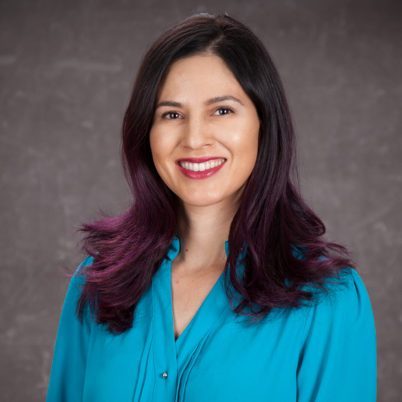
Dr. Gabriela “Gaby” Nuñez is an Associate Professor of Literature and Ethnic Studies, triathlete, entrepreneur, and toddler mom. Gaby has worked in higher education for the past twelve years at Northwestern University, the University of Louisville, and California State University, Fullerton, developing and teaching courses in Latinx literature and culture with an emphasis on social justice and the environment. Gaby is also the founder of Fuerza Coffee, which supports women farmers who grow coffee sustainably, and celebrates women athletes and diversity in sport.

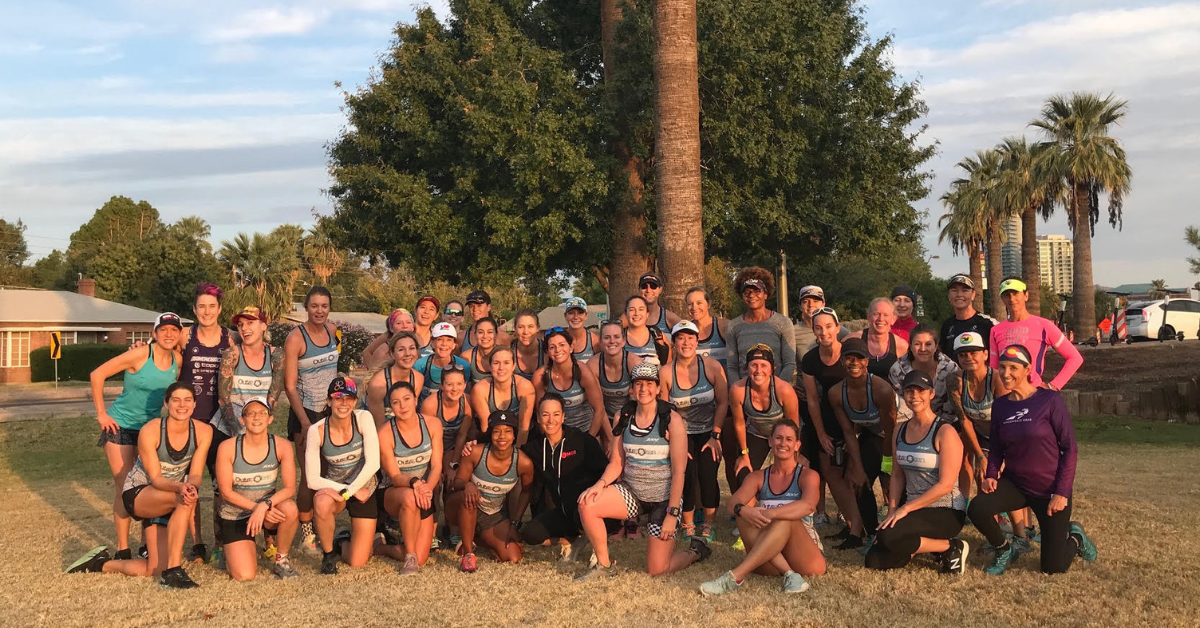 Outspoken Women in Triathlon Summit Returns Bigger than Ever
Outspoken Women in Triathlon Summit Returns Bigger than Ever  Driving the Lamborghini: Productivity and the Power of Paper
Driving the Lamborghini: Productivity and the Power of Paper 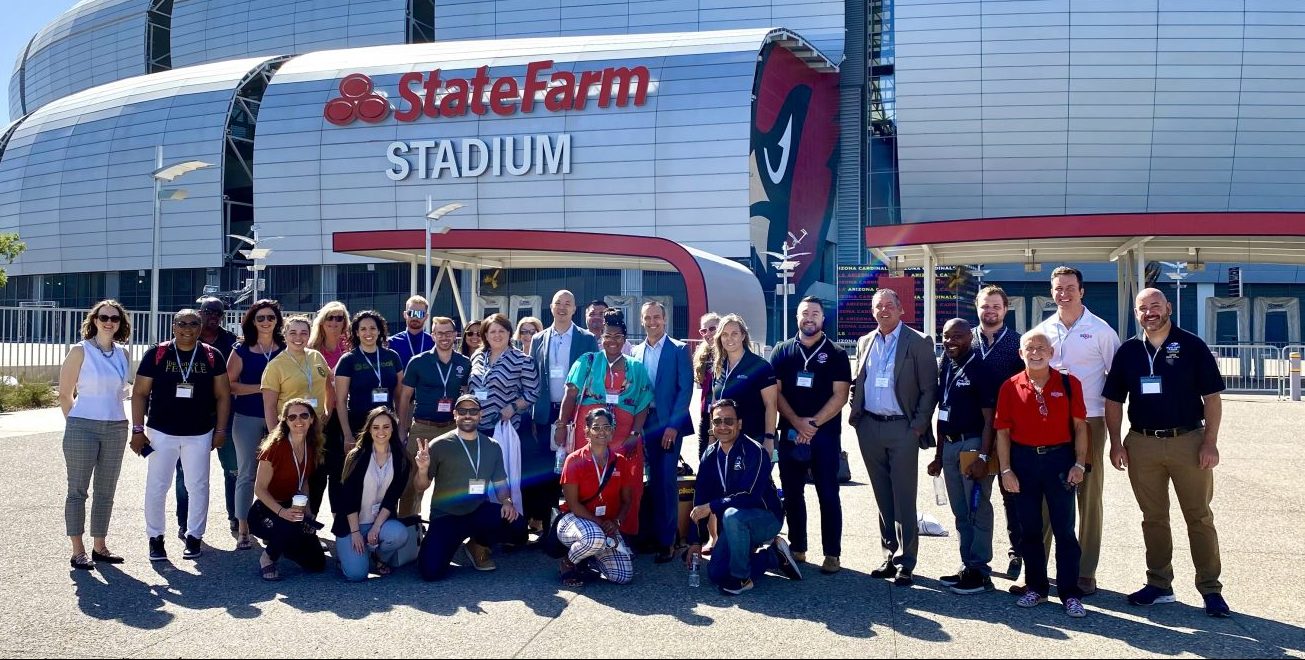 5 take aways from the Compete Sports Diversity Summit
5 take aways from the Compete Sports Diversity Summit  Simple Tips to Hone Your Bike Handling Skills
Simple Tips to Hone Your Bike Handling Skills 
